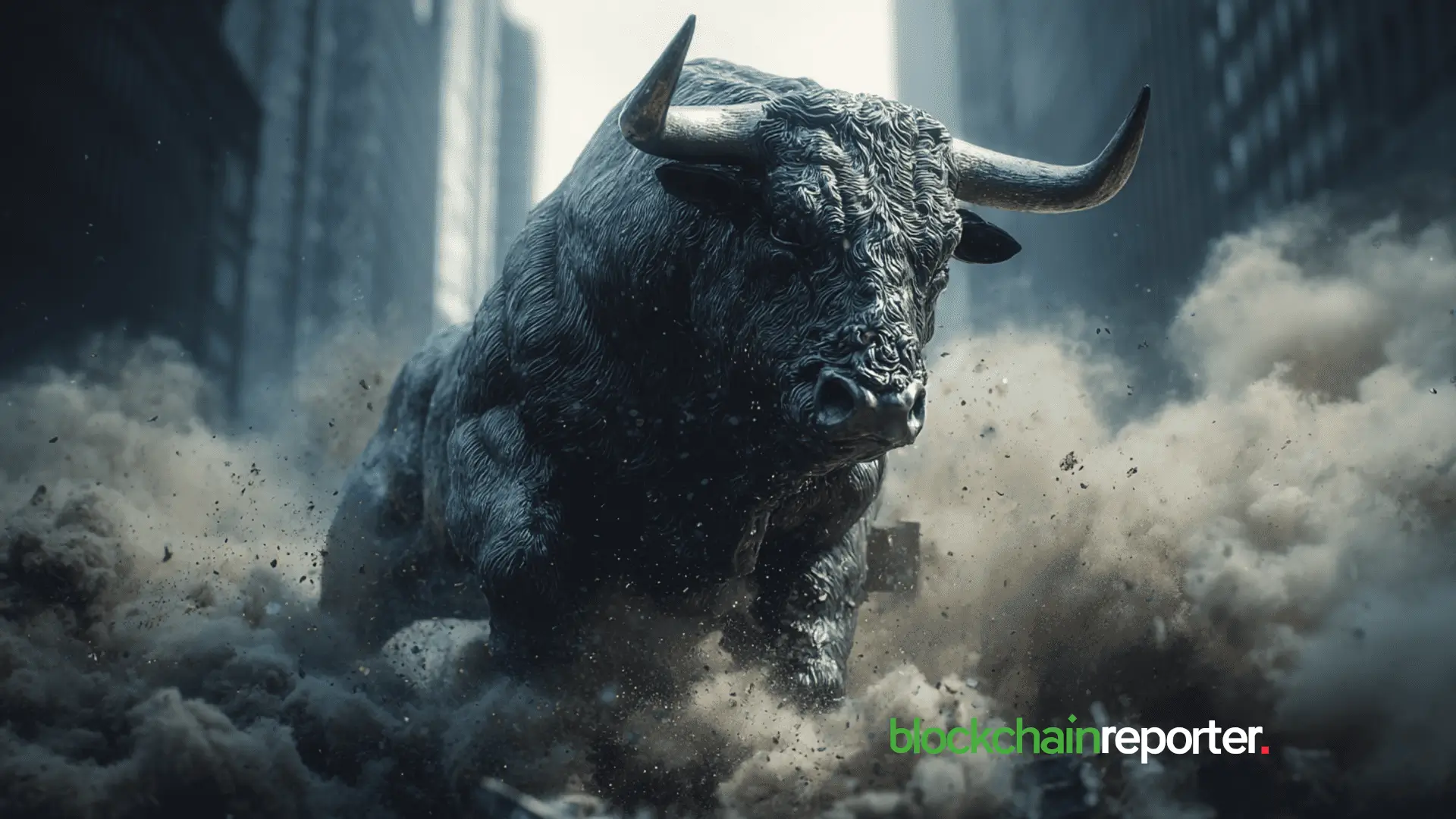Tesla (TSLA) Stock: $2 Billion Samsung Battery Deal Powers Energy Storage Expansion
TLDR
- Tesla signed a $2.11 billion deal with Samsung SDI to supply Energy Storage System batteries over three years, as reported by Korea Economic Daily
- The batteries will be used for Tesla’s ESS products like Megapack and Powerwall, not for electric vehicles
- Samsung SDI stated nothing has been decided yet, while Tesla has not commented on the report
- The deal would give Tesla a second major battery supplier outside of Chinese manufacturers
- Tesla’s energy division has seen record deployments, with Megapack installations growing faster than EV deliveries
Tesla has reportedly locked in a $2.11 billion battery supply agreement with South Korea’s Samsung SDI. The deal, spanning three years, focuses exclusively on Energy Storage System batteries.
The Korea Economic Daily broke the news Monday morning. They cited an unnamed source from the battery industry.
The batteries won’t power Tesla’s cars. They’re destined for products like Megapack and Powerwall units instead.
Tesla, Inc., TSLA
Samsung SDI pushed back on the report. The company said nothing has been finalized yet.
Tesla hasn’t responded to requests for comment. That’s pretty standard for the company these days.
The deal would make Samsung SDI Tesla’s second major battery supplier outside China. Right now, CATL handles most of Tesla’s battery needs.
Tesla’s Energy Storage Push
Tesla’s energy division has been crushing it lately. The company’s quarterly reports show record deployments in the past year.
Here’s the kicker: Megapack installations are growing faster than EV deliveries. CEO Elon Musk has even said Tesla Energy could eventually surpass the car business.
The company already runs large-scale battery systems in Australia, the UK, and across the United States. These aren’t small projects either.
Tesla makes three main energy products. Powerwall handles home storage for regular folks.
Powerpack serves commercial customers. Megapack tackles utility-scale grid storage for governments and power companies.
The Samsung deal would help Tesla ramp up production at two facilities. One Megafactory operates in California, another just opened in Shanghai.
Why Energy Storage Matters Now
Renewable energy has a storage problem. Solar panels don’t work at night, and wind turbines need actual wind to spin.
Battery storage fixes that gap. The International Energy Agency says the world needs 50 times more grid battery capacity by 2040 to hit net-zero emissions.
That’s where Tesla sees opportunity. The company already dominates electric vehicles, now it wants the same position in energy storage.
Several countries have signed long-term contracts with Tesla. Australia, Japan, Ireland, and California are all building Tesla battery farms.
Samsung SDI brings serious credentials to the table. They make high-density lithium-ion cells with strong safety ratings.
The company already supplies batteries to BMW, Stellantis, and Rivian. Adding Tesla to that roster is a big win.
Samsung SDI is also working on next-generation solid-state batteries. Those could eventually replace current lithium-ion technology.
For investors, this deal means two things. Tesla gets supply chain stability with a second major supplier.
Samsung SDI gains steady revenue from one of the world’s biggest energy companies. Both stocks moved higher on the news.
The agreement positions Tesla to scale up energy storage deployments. Global demand for grid-scale batteries keeps climbing as countries shift toward renewable power.
Samsung SDI will begin supplying batteries from 2024 onward according to the Korea Economic Daily report. The company says discussions are ongoing but no final contract has been signed.
The post Tesla (TSLA) Stock: $2 Billion Samsung Battery Deal Powers Energy Storage Expansion appeared first on Blockonomi.
You May Also Like

Privacy Coins Rally Driven by Technicals, Narrative

‘Survival Mode’ Activated: Bitcoin Miners Struggle As Hashprice Collapses
